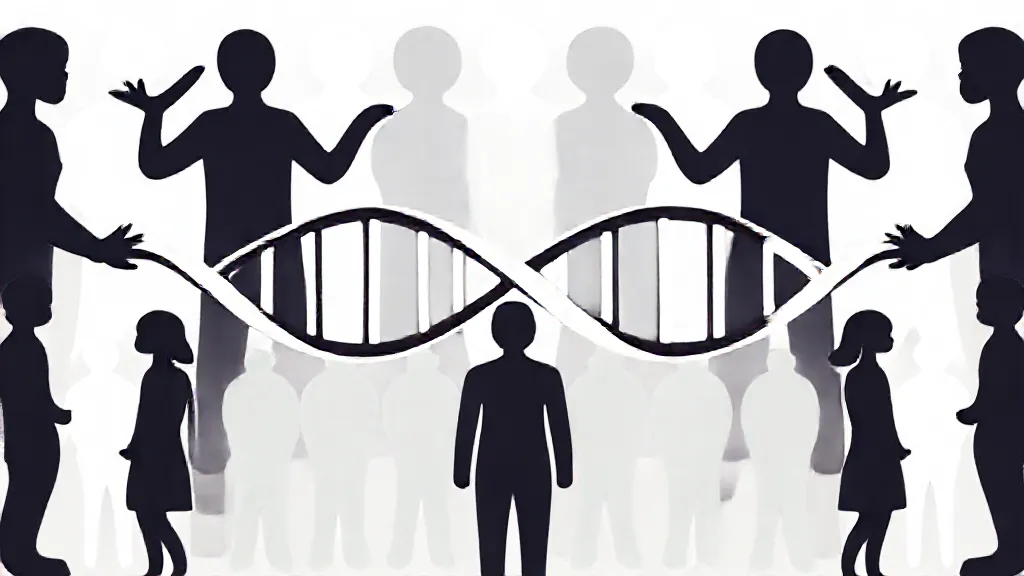Travel Tips
Lorem ipsum dolor sit amet, consectetur adipiscing elit.

Understanding the Role of DNA in Shaping Human Characteristics
DNA, or deoxyribonucleic acid, is often referred to as the blueprint of life. It carries the genetic instructions essential for the growth, development, functioning, and reproduction of all living organisms. The intricate structure of DNA, composed of two long strands forming a double helix, encodes information in the form of sequences of nucleotides.
Each nucleotide consists of a sugar, a phosphate group, and a nitrogenous base. There are four types of nitrogenous bases—adenine (A), thymine (T), cytosine (C), and guanine (G)—which combine in various sequences to form genes. These genes are responsible for the traits that make each individual unique.
The relationship between DNA and identity is profound. Genes influence a range of characteristics from physical traits such as eye color and height to complex behaviors and susceptibilities to diseases. For instance, the gene OCA2 is known to influence eye color, while variations in the COMT gene can affect personality traits and cognitive function.
However, while DNA provides the foundational aspects of who we are, it interacts with environmental factors, leading to the concept of nature versus nurture. This interplay suggests that while genetic predispositions exist, the environment plays a significant role in shaping an individual’s attributes.
The historical context of our understanding of DNA dates back to the mid-20th century.
The discovery of the double helix structure by James Watson and Francis Crick in 1953 was a pivotal moment in genetics. This breakthrough allowed scientists to understand how genetic information is stored and transmitted across generations. Since then, advancements in molecular biology, such as the Human Genome Project completed in 2003, have mapped the entire human genome, revealing the complex sequences of DNA that contribute to human diversity and identity.
Furthermore, epigenetics has emerged as a critical field of study, exploring how environmental factors can modify gene expression without altering the underlying DNA sequence. For instance, lifestyle choices such as diet, stress, and exposure to toxins can lead to epigenetic changes that influence health and behavior. This understanding highlights that our identity is not solely determined by our DNA but is also shaped by our experiences and surroundings.
The ethical implications of genetic research cannot be overlooked. As we gain the ability to manipulate genetic material through technologies such as CRISPR, questions arise about the consequences of altering DNA. Should we edit genes to eliminate hereditary diseases, or does this open the door to designer babies and ethical dilemmas regarding genetic enhancement? These questions challenge our understanding of identity and the essence of being human.
Moreover, the study of genetics has profound implications for ancestry and personal identity. Genetic testing services have become increasingly popular, allowing individuals to explore their heritage and understand their genetic makeup. These tests can reveal information about ancestral origins, potential health risks, and even familial connections.
However, they also raise concerns about privacy and the potential misuse of genetic information.
In conclusion, DNA plays a crucial role in determining who we are, influencing our physical traits, behaviors, and health. However, it is essential to recognize the dynamic interaction between our genetic makeup and environmental factors.
As science continues to unravel the complexities of genetics, our understanding of identity will evolve, prompting ongoing discussions about the ethical, social, and personal implications of our genetic information.
For further reading, resources such as "The Gene: An Intimate History" by Siddhartha Mukherjee and "Genetics: A Very Short Introduction" by Paul Griffiths provide insightful perspectives on the intersection of DNA, genetics, and identity.